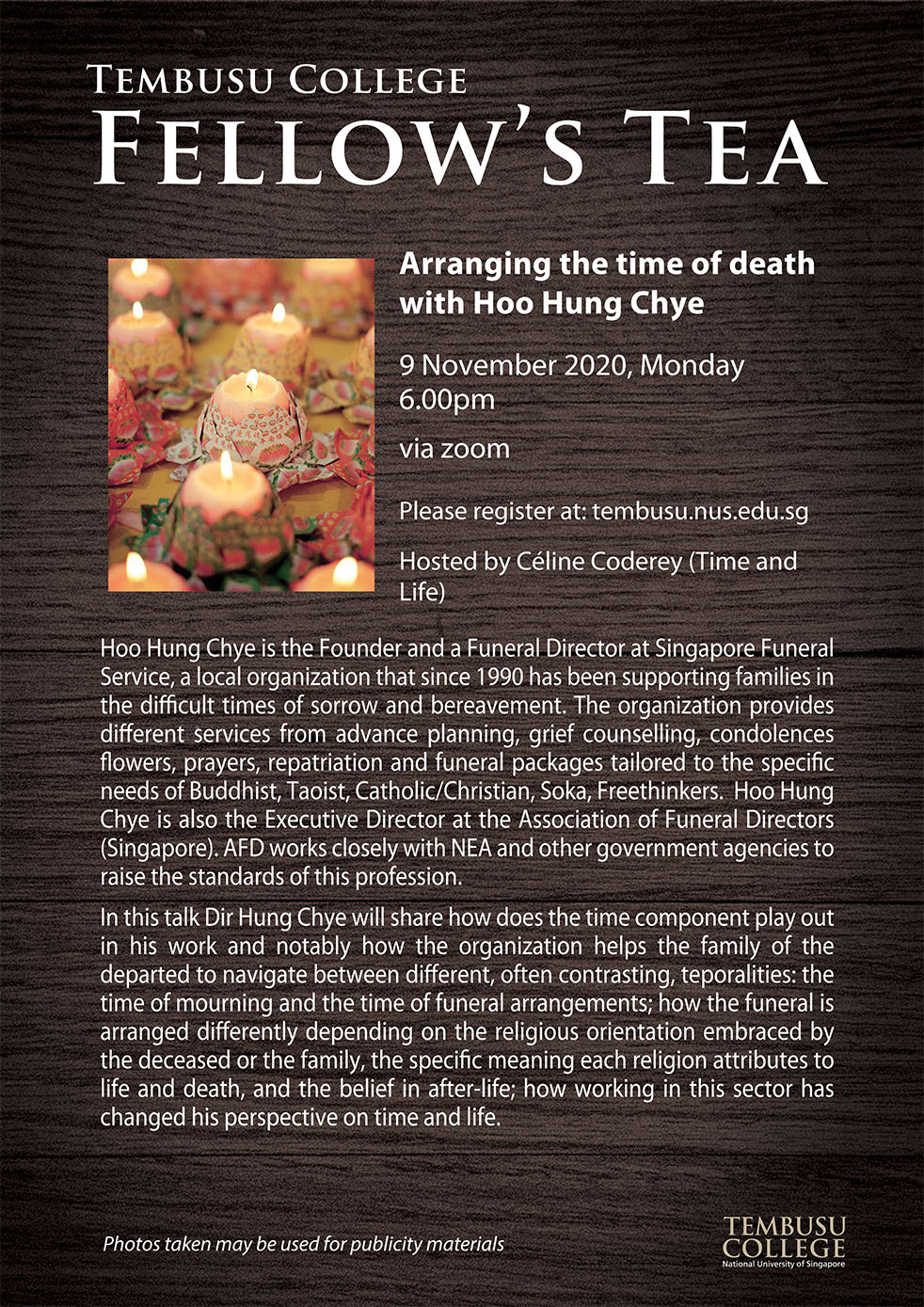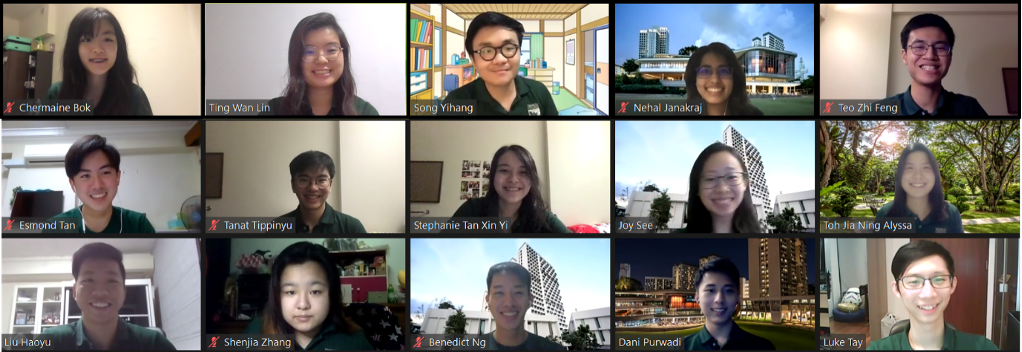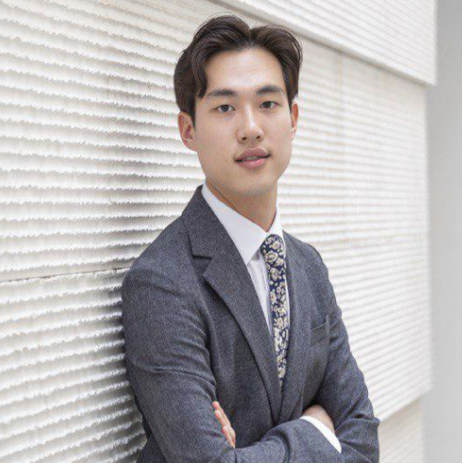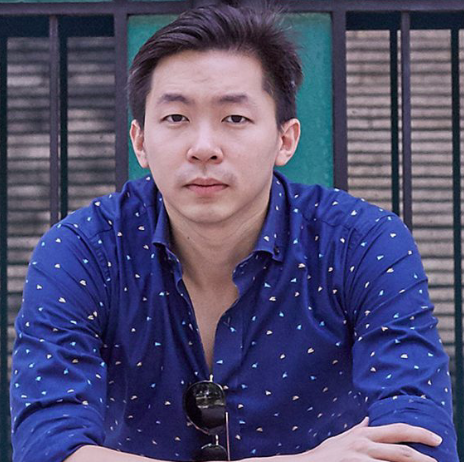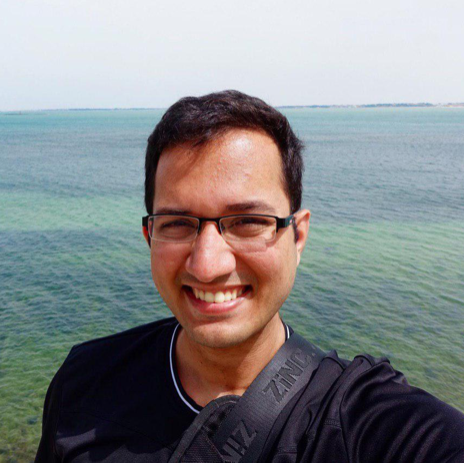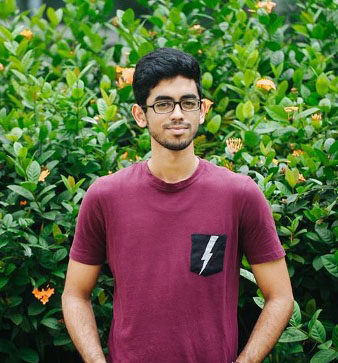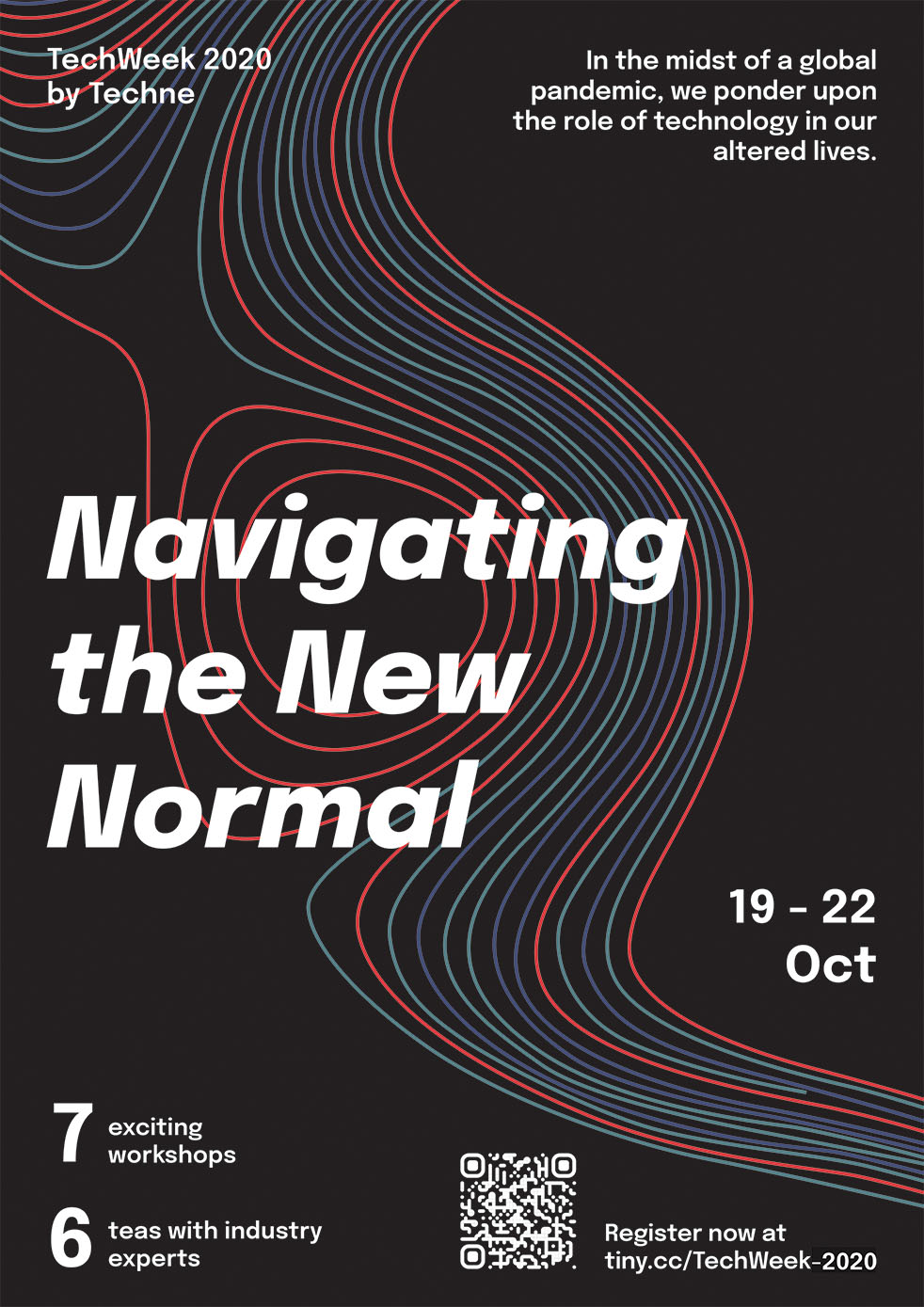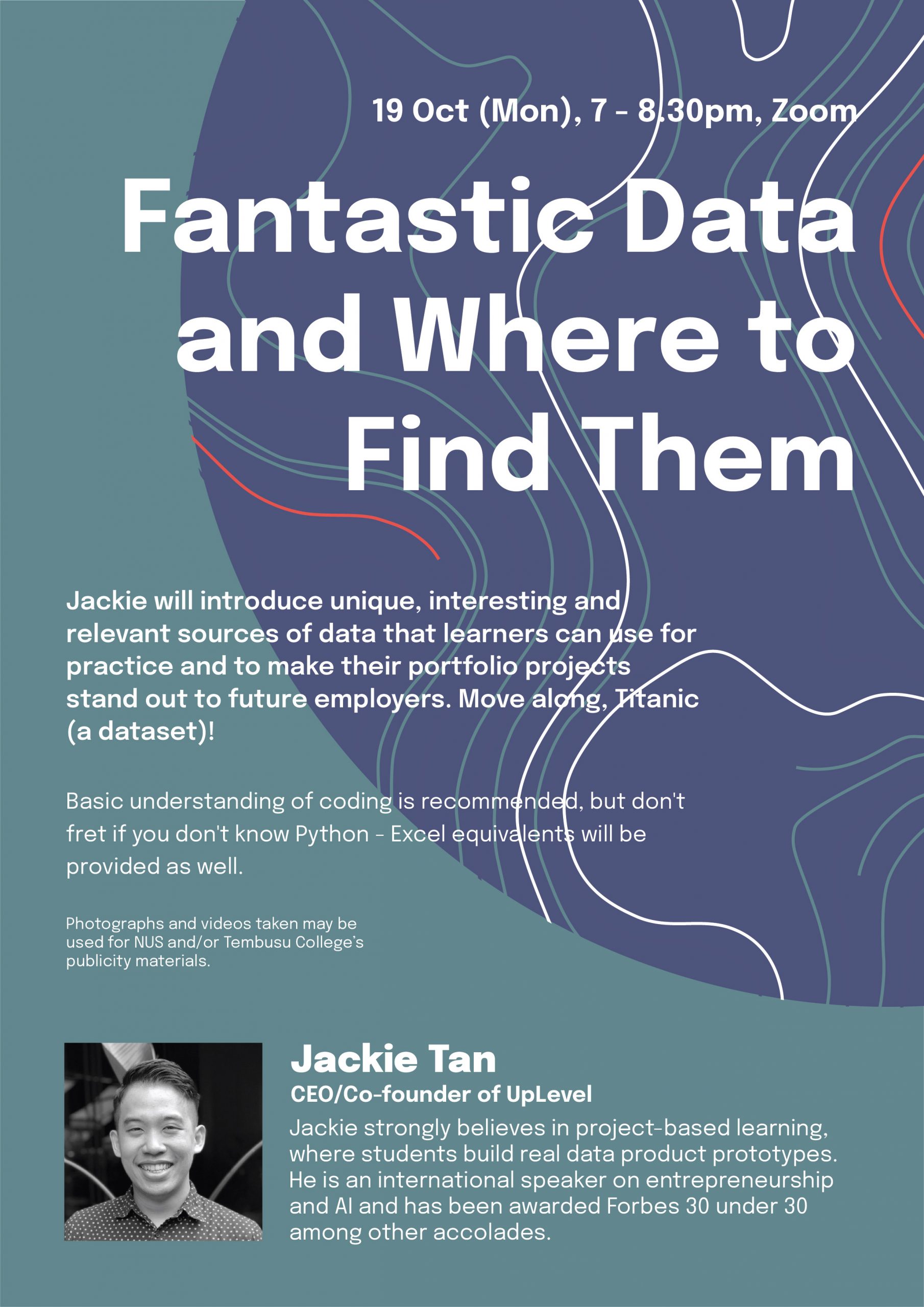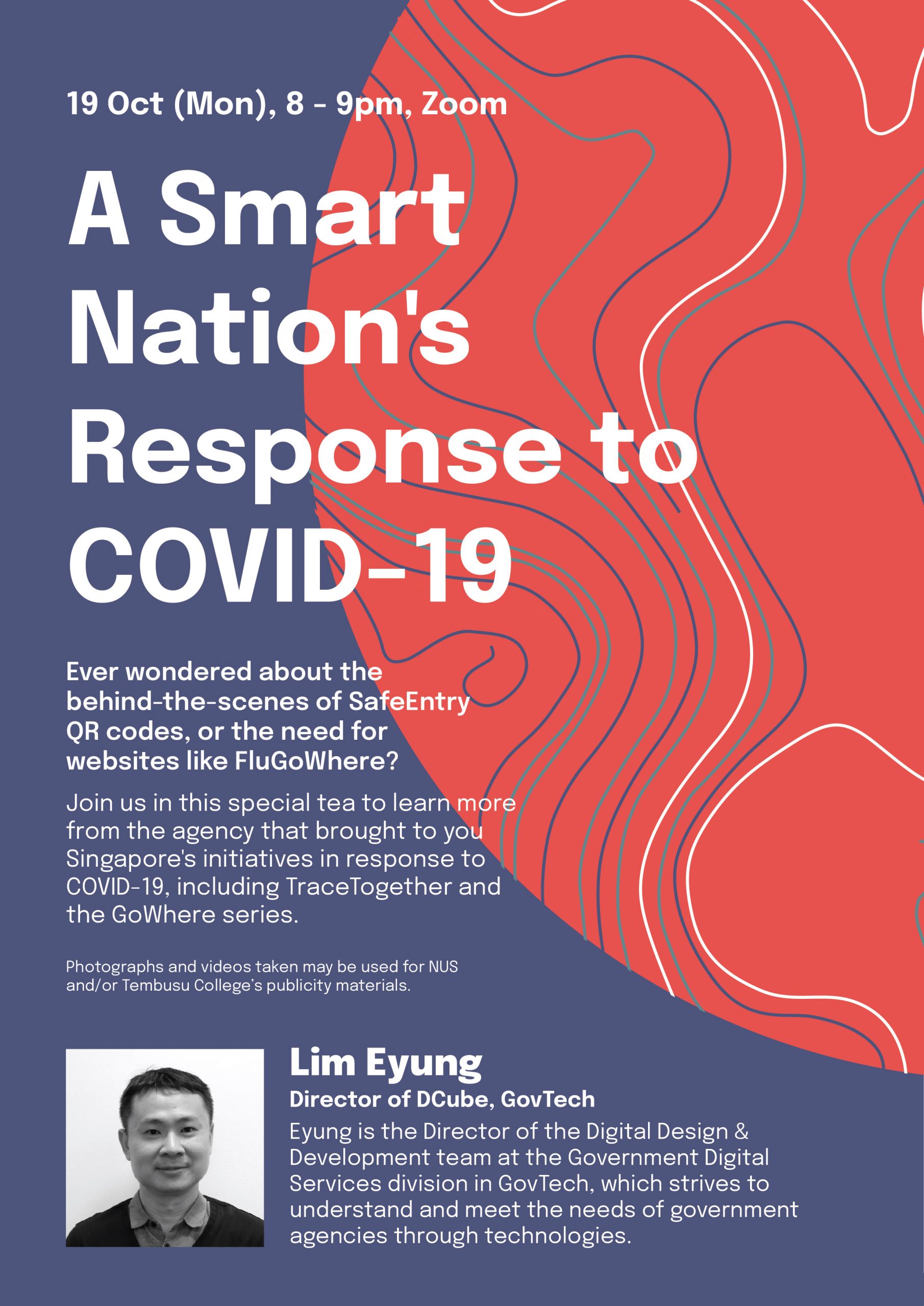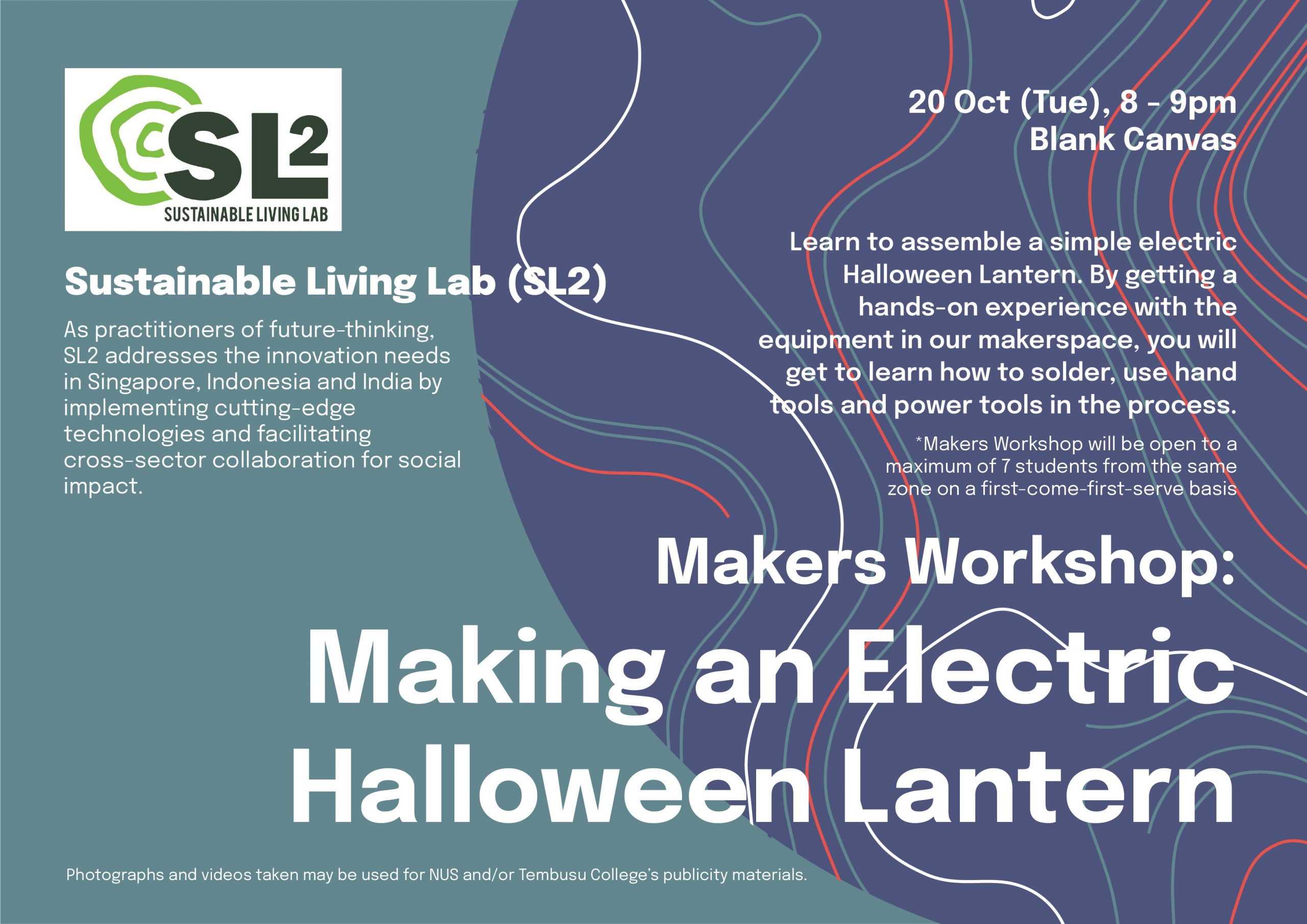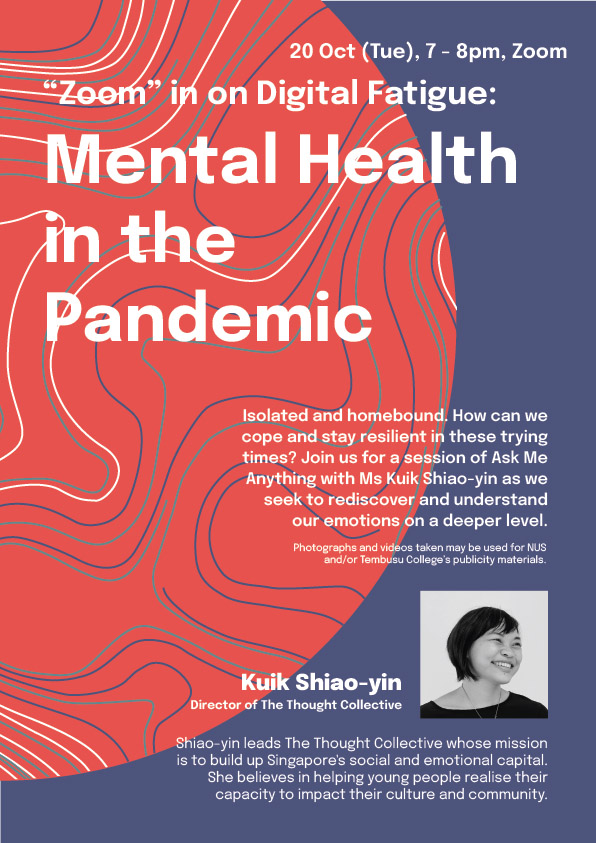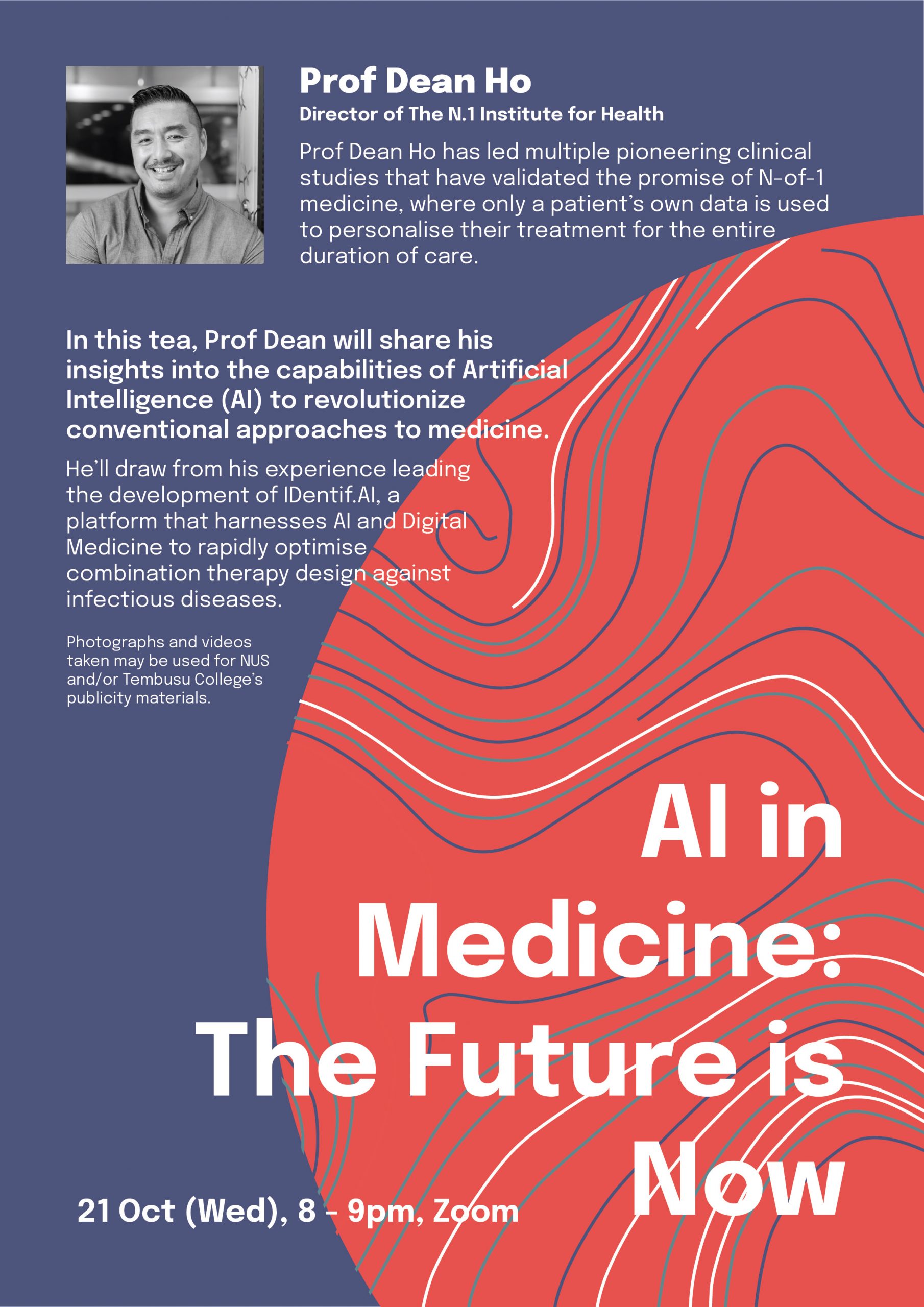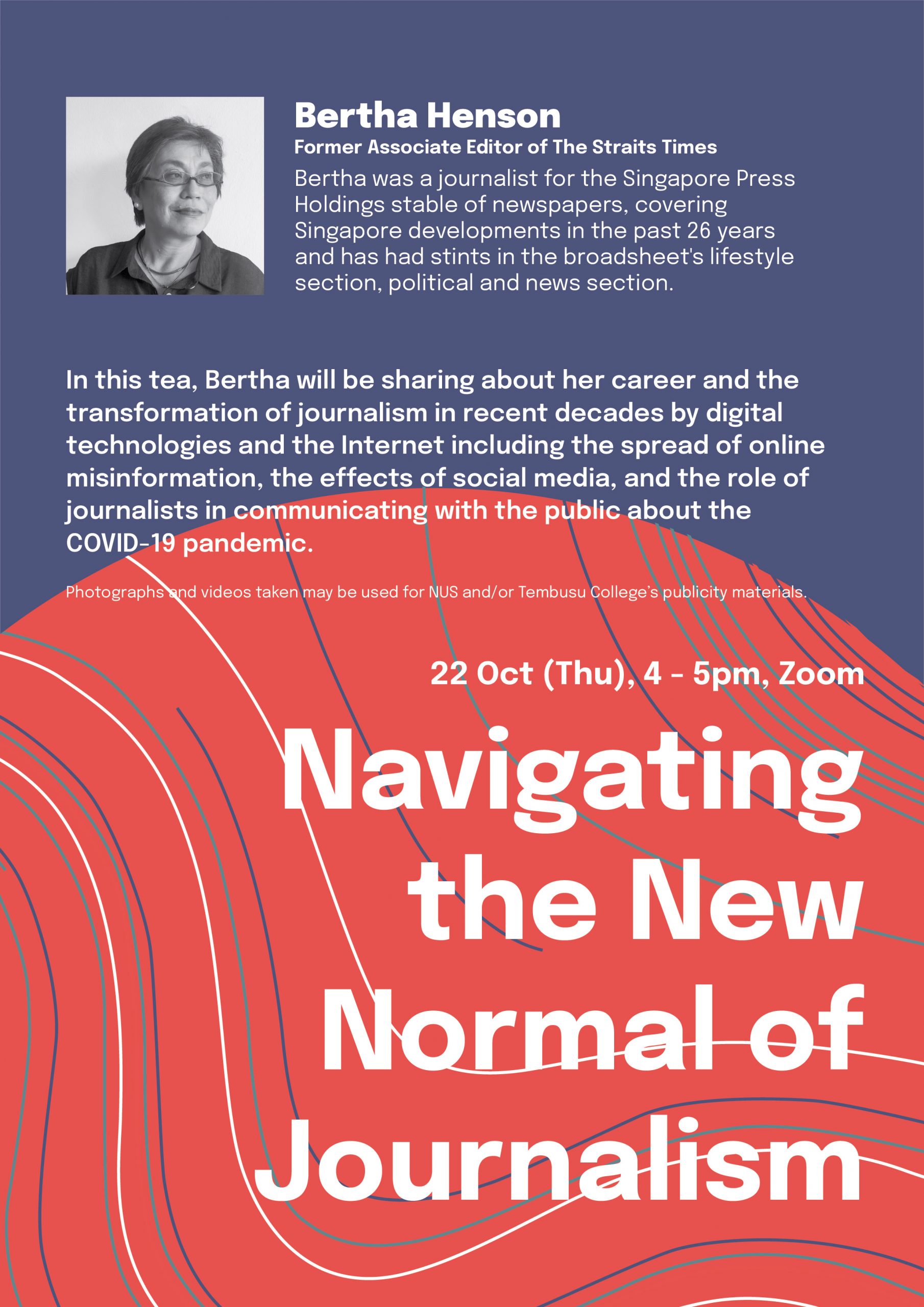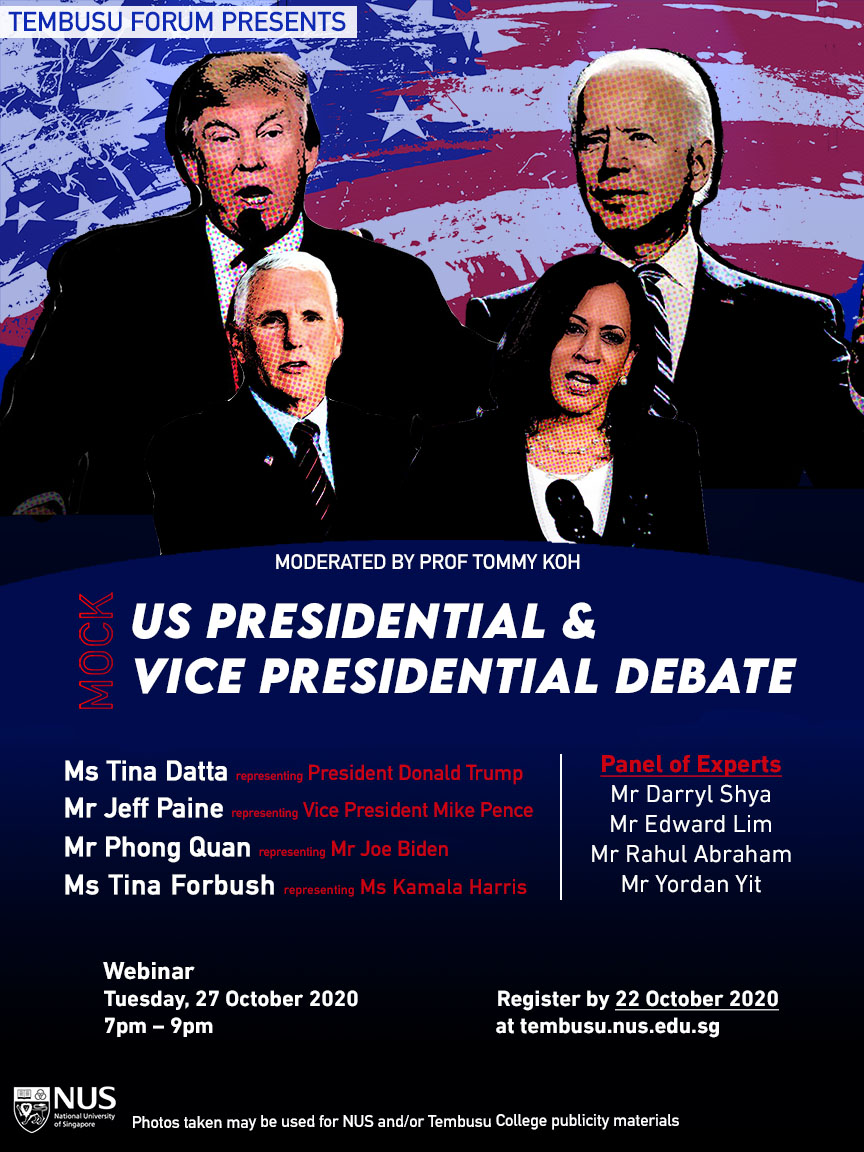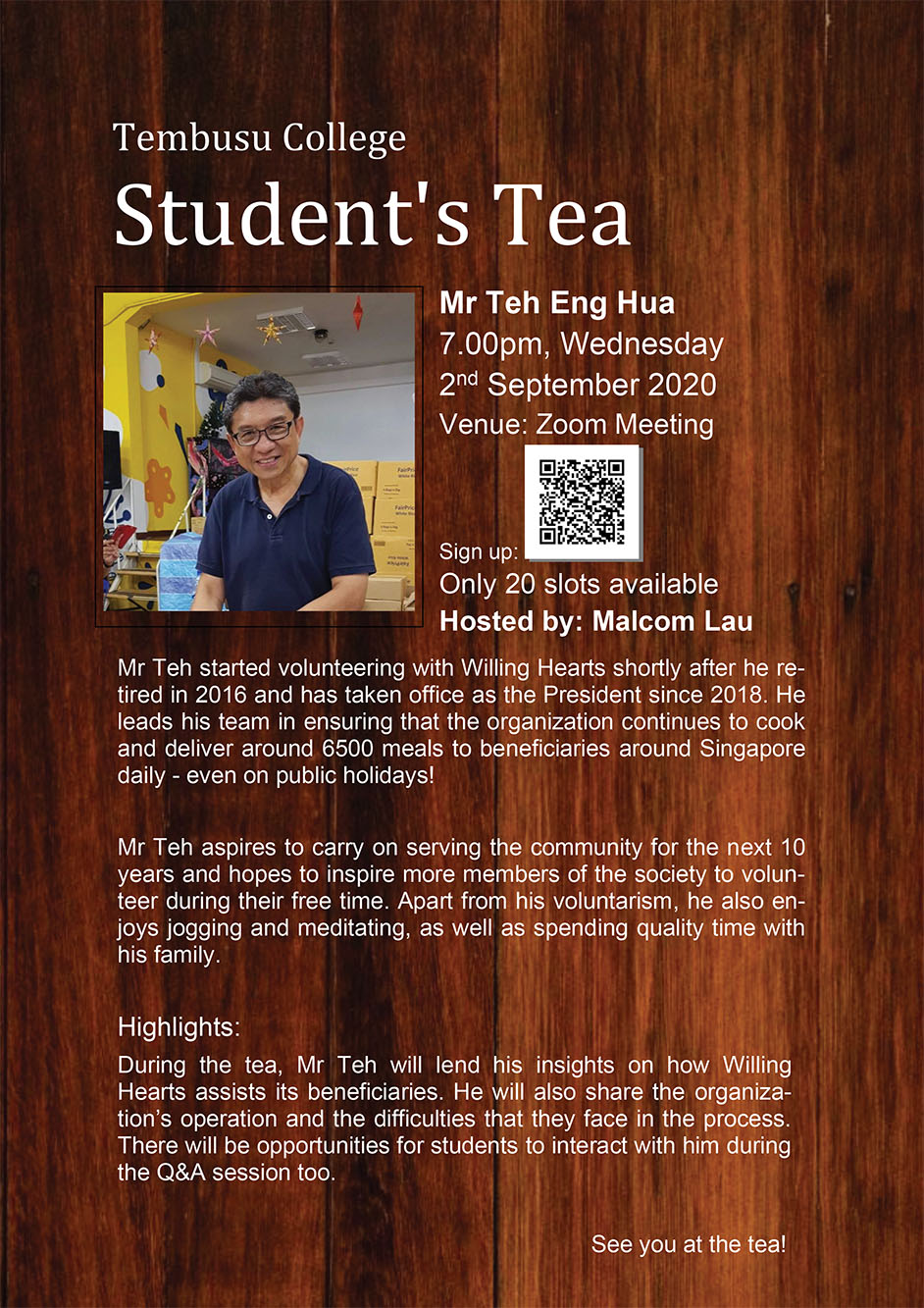By Professor Tommy Koh: The India of My Dreams
My political awakening happened when I was in secondary school in the 1950s. I became aware that there was a worldwide movement of people living under colonial rule, and these people were rising up against their colonial masters. They wanted self-determination and independence.
The struggle by India against the British rule caught my imagination and support. There were two heroic figures in that struggle. They were Mahatma Gandhi and Pandit Jawaharlal Nehru. Gandhi’s rejection of violence and his use of civil disobedience as a weapon against the British were contrarian and astonishing to a young student. Gandhi’s victory in gaining independence for India in 1947 seemed like a miracle.
When Gandhi was assassinated on 30 January 1948, many of us cried. I am, therefore, shocked that there is a movement in India to glorify Gandhi’s assassin, Nathuram Vinayak Godse. Something must be seriously wrong in India if the assassin of its national hero is being glorified instead of being vilified.
What is the India of my dreams?
First, I dream of an India which is secular. By this, I mean that the Indian state has no religion and all Indians have the constitutional right to choose their own religions.
Hindus, Sikhs, Jains, Buddhists, Muslims, Christians, Zoroastrians, Jews, Bahais and atheists would live harmoniously with one another. The Hindus, who form the majority, would respect the other faiths and would not persecute any religious minority. India could be an example to the world of religious diversity and religious harmony.
Second, I dream of an India which is a strong and vibrant democracy. India has a population of 1.339 billion people. It will soon be the most populous country in the world.
Some people say that China cannot become a democracy because it is too big. Those who make this argument have obviously forgotten the case of India.
The success of the Indian democracy is particularly impressive as the country is culturally and linguistically diverse.
It is, of course, true that the Indian democracy is not without its flaws. But it is impressive that a country with such a big population could go regularly to the polls to elect a government of its choice. Transitions of power take place peacefully. I dream of a day when vote-buying, corrupt politicians and criminal politicians and other irregularities will be a thing of the past.
Third, I dream of an India which is admired for its strong adherence to the rule of the law.
The rule of law is one of humankind’s most precious achievements. What it means is that no one is above the law and everyone is subject to the law. It means that the policeman, the prosecutor and the judge cannot be bought. In other words, justice is not for sale. It also means that the judiciary is independent of the executive.
In the World Justice Project’s Rule of Law Index 2019, India ranked 68 out of 126 countries. One of the reasons for India’s low ranking is judicial delay.
In India, it can take years for an aggrieved person to obtain justice through its courts. There are 4.3 million cases pending in the country’s high courts, with 800,000 being over 10 years old. Another problem is the abuse of the legal system by unscrupulous persons as a means to extort money from persons they have sued. I dream of the day when India will be ranked among the top 10 countries of the world for the rule of law.
Fourth, I dream of an India in which girls and women will enjoy equal rights with boys and men.
In the World Economic Forum’s Global Gender Gap Index, India is ranked 112 out of 153 countries. In the UNDP’s Gender Inequality Index, India is ranked 135 out of 187 countries. The female literacy rate in India is 60.6 per cent compared to 81.3 per cent for men. The rates of malnutrition are exceptionally high for adolescent girls and pregnant and lactating women. Violence against women, especially sexual violence, has been on the rise.
I dream of an India in which no person, no matter what caste he or she belongs to, will be discriminated against. I dream of a day in which the rights enshrined in the Universal Declaration of Human Rights and in the two covenants will be enjoyed by all Indians, irrespective of race, religion, gender and caste.
Fifth, I dream of an India in which the abject poverty we see today will no longer exist. According to the Indian government, 29.8 per cent of the population lives below the poverty line. This means about 360 million people. This is based upon a poverty line fixed at US$0.65 a day. The World Bank draws the poverty line at US$2 a day.
Whatever the figure, the number of poor people in India is shockingly high. Who are the poor people? They are farm workers in villages, casual workers in cities, the tribal people, the Dalits or Untouchables and the Muslims.
To reduce poverty in India, we need the Indian economy to grow at a much faster rate than the present. We also need a fairer distribution of the fruits of economic progress. We need Indian leaders who will make the reduction of poverty, a national priority, not in words but in deeds.
Sixth, I dream of an India whose economy is on par with that of China. The two countries have populations of approximately the same size. However, in 2019, the Chinese economy was 4.78 times bigger than that of India. India has been grossly under-performing.
In order to catch up with China, India has to raise its annual rate of growth to between 8 and 10 per cent and maintain it at that level for two to three decades. Can it be done? The answer is yes if the government and people of India have a shared political will to accomplish that ambition.
Seventh, I dream of an India which is high for good governance and low for corruption.
In Transparency International’s Corruption Perception Index for 2019, India was ranked 80 out of 179 countries. Corruption is a serious problem in India. At present, India is ranked high for corruption and low for good governance. I would like to see that reversed.
Eighth, I dream of an India which is admired for its soft power.
India has a rich and ancient civilisation. Hinduism, Buddhism, Sikhism and Jainism are four of the world’s great religions. India is renowned for its Bollywood movies and its cricket stars. Gandhi, Nehru, Rabindranath Tagore and Amartya Sen are world icons.
However, in spite of these assets, India’s soft power today is weak. In the 2019 Soft Power 30, India is not included in the top 30 countries for soft power. I have asked the author of the index why India is not included. He said that there were too many negatives about India, for example, poverty and inequality, oppression of women and other minorities, polluted cities, poor state of education and public health, etc.
The India of my dreams is a secular India and a model of religious diversity and harmony. It is a vibrant democracy with a strong adherence to the rule of law. It protects the rights of girls, women, Dalits, the tribal people and other minorities. India will have caught up with China economically. Poverty will be reduced to below 10 per cent. India’s soft power will be admired by the world. I hope that the India of my dreams will, one day, become a reality.


